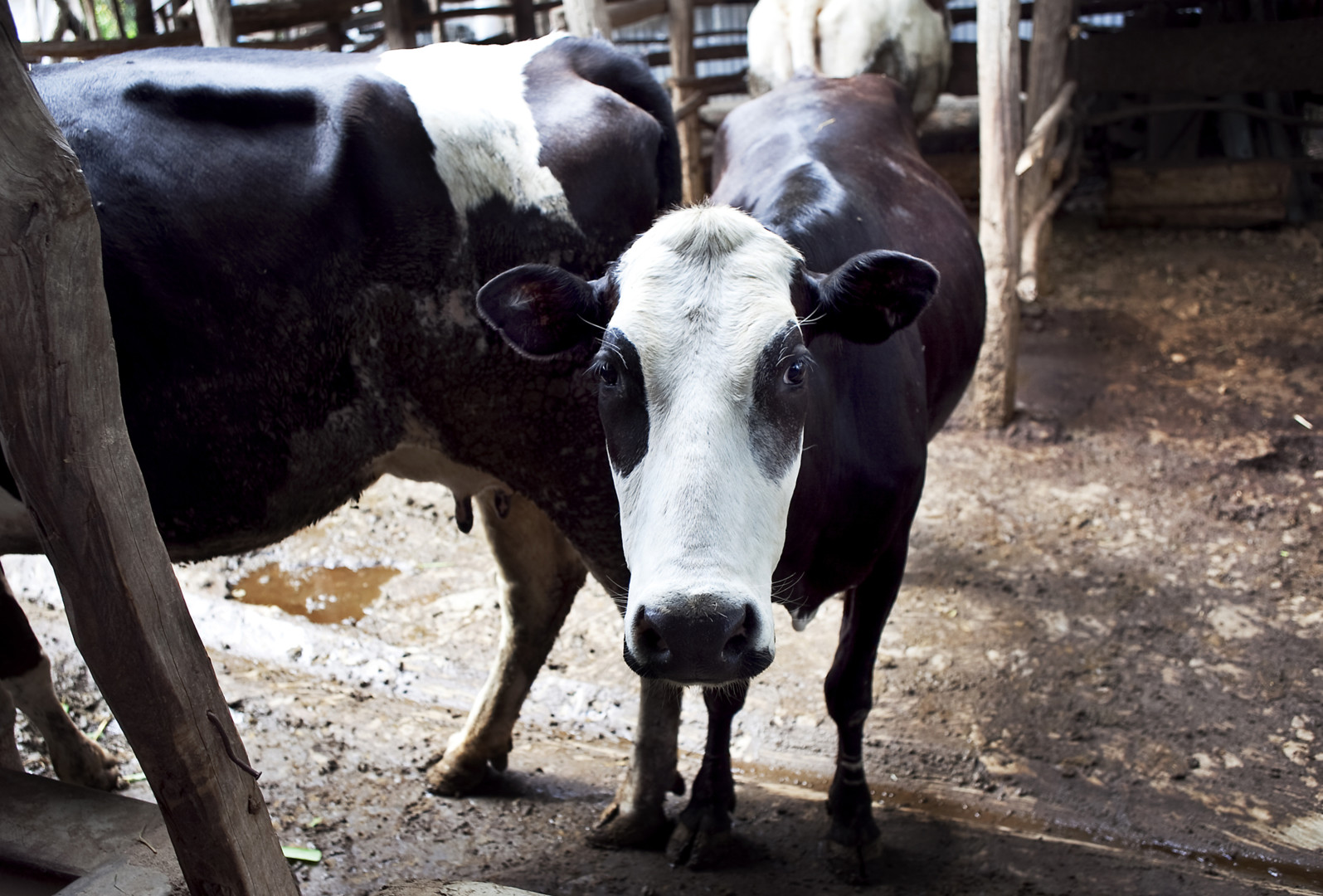Research has shown that cows who start eating leguminous, high-protein fodder shrubs produce significantly more milk. Growing these fodder shrubs requires minimal labour and does not cost much money. Yet farmers with limited incomes and resources can be hesitant to try new practices on their own. But with assistance from experienced trainers, more farmers feel confident to try. About two million smallholder farmers in Kenya and Malawi, many of them women and youth, produce and sell milk. They would all stand to gain from feeding nutritious leaves to their cows.
The aim of the project Shrubs for Change is that 120,000 small-scale dairy farmers will have the skills and means to produce and sell more milk. Thanks to sustainable agricultural techniques, the milk will come from farms that are more resilient to climate change. The dairy farmers – women and men alike – will improve their livelihoods and incomes, and their communities will get better access to milk products as healthy food and drinks.
The project, started in 2020, is a collaboration between research centres and farmer organisations. It is led by the International Centre for Research in Agroforestry, ICRAF, and funded by the German development agency, GIZ. Vi Agroforestry leads the training of trainers in Kenya. The 310 trainers are recruited among women and men from local dairy farmer organisations. Special emphasis is given to engaging women in the project.
A knowledge sharing platform is being compiled as part of the project. This platform will be used to upload film and voice material in English and Swahili to inform, educate, give advice to, and engage farmers. The videos below are examples of learning material that will be available on the knowledge sharing platform.
